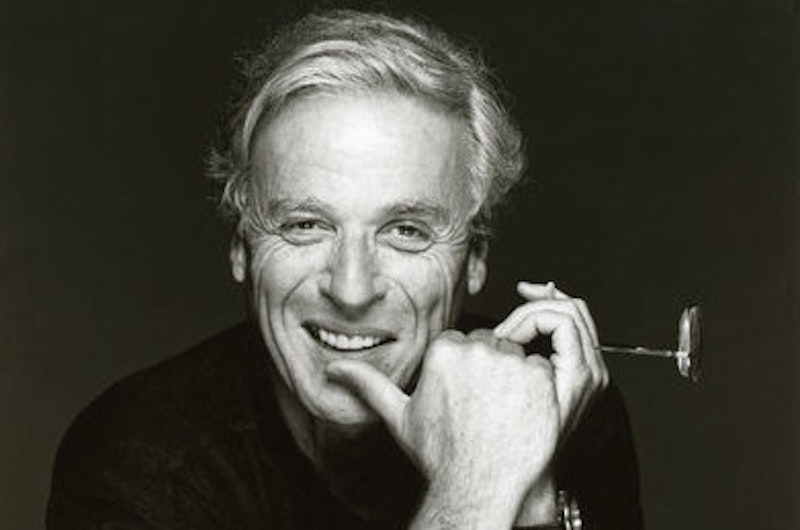
William Goldman, who won Oscars for his original screenplay for “Butch Cassidy and the Sundance Kid” and his adaptation of “All the President’s Men,” died on Friday in his Manhattan home, according to the the Washington Post. He was 87.
His daughter Jenny Goldman cited complications from colon cancer and pneumonia as the cause of his death.
-Variety
__________________
"A laugh can be a very powerful thing. Why, sometimes in life, it's the only weapon we have."
Suspect's Reviews
"A laugh can be a very powerful thing. Why, sometimes in life, it's the only weapon we have."
Suspect's Reviews
